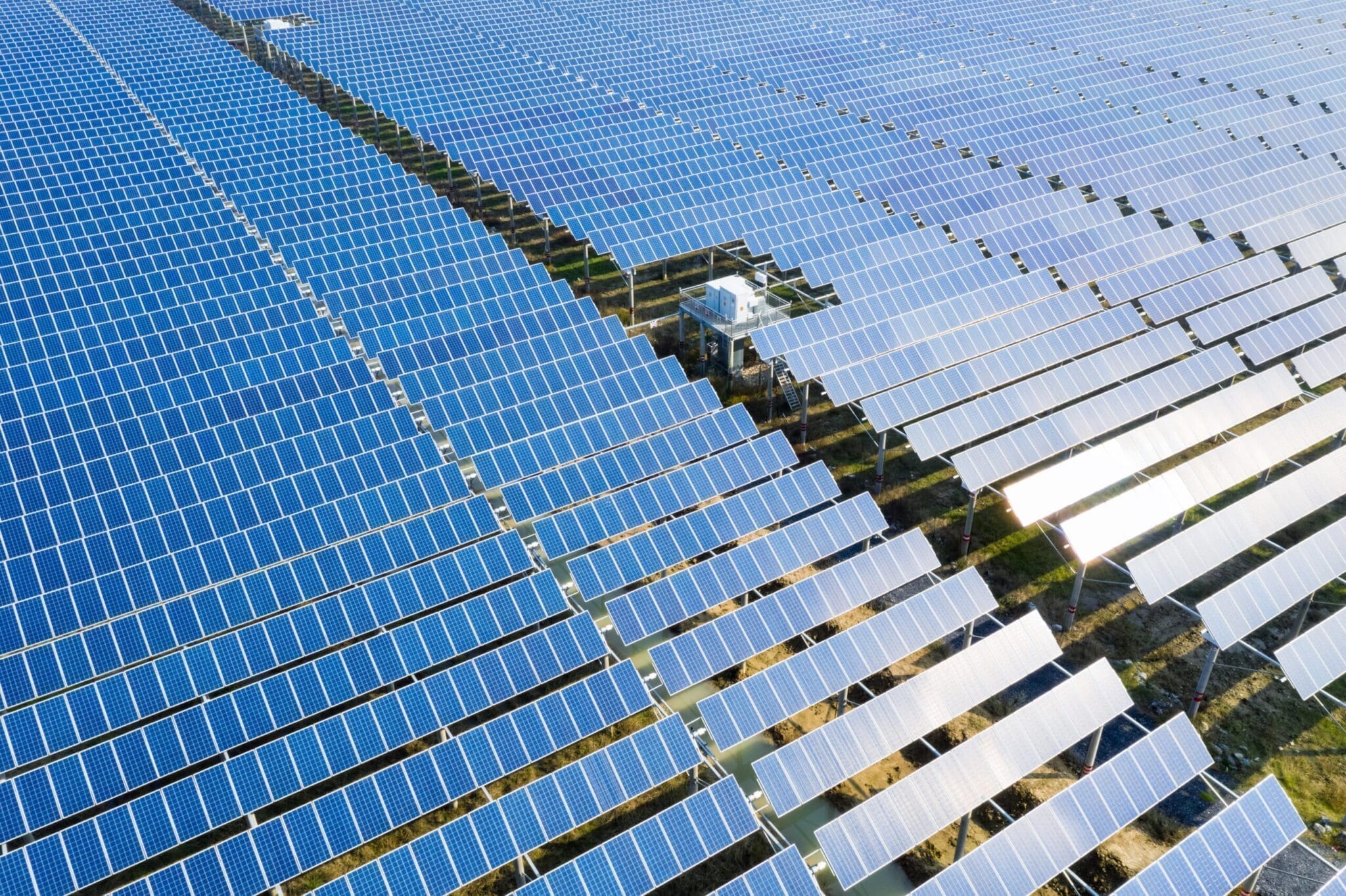2021 was another busy year for supply chain managers as they warded off threats to business continuity. Along with supporting colleagues throughout the pandemic, businesses have also faced increasing competition and pressure from buyers and suppliers to deliver — despite supply chain disruptions. And on top of it, they’ve also had to ensure that the overall customer experience is positive, safe, compliant and transparent.
Renewables industry impacted by commodity price rise in 2021
The Achilles Supply Chain Resilience Index (ASCRI) evidenced that commodity prices have increased 68% since the start of 2021. It also mentioned that 28% of disruptions are caused by supplier failure throughout Q3 into Q4, meaning supply chain risk continues to remain in the high-risk range.
The renewables industry didn’t escape this upheaval. In 2021, for the first time in seven years, prices increased in the solar industry. This rise was mainly due to
- Shortages in components like semiconductors and modules,
- Shortage in Raw materials like polysilicon and other commodities,
- Shortage of labour,
- And rising shipping costs.
What trends should the renewable energy industry watch out for in 2022? How could they potentially impact the industry? We’ll take a look in this article.
1. Supply Chain Risk Data Modelling
Developing a supplier risk model that is in line with procurement and meets the needs of the business in times like these can help minimise threats and the associated impacts.
Without the correct supplier data at your fingertips, acting effectively on the potential risks your business faces becomes much harder. By collecting and verifying the right information buyers need, we sharpen their reaction times and enable them to be more proactive in managing third-party risks.
For instance, Edoardo Raffinerie Garrone (ERG), a renewable energy company, took the step to understand its supplier’s ESG credentials. ERG identified potential risk areas and achieved considerable improvement by asking its supply chain partners to answer Achilles’ detailed questionnaire.
The result: 65% of ERG’s suppliers improved their ESG score.
2. Digital Transformation
The digitalisation of supply chains brings a high volume of data that must be analysed for correct usage. This analysis will increase the efficiency of supply chain integration processes and operations and facilitate the decision-making process within the renewable energy industry.
When properly managed and implemented, supply chain digital transformation can add significant value to supply chains, especially in the renewable energy sector.
Javier Caravantes, Achilles Ambassadors Board Member and former procurement consultant to petrochemical companies such as Naturgy and Cepsa, explains, “From supplier prequalification, through solutions like crowdsourcing and integrated ‘Source-2-Pay’, the supply chain management needs to be fully digital –and connected– today. Companies that fail to keep up could not only lose track against their direct competitors but also against smaller, more agile start-ups who are able to understand the power of digitalisation and challenge the economic strength of traditionally-managed businesses.”
3. Net-Zero Supply Chains
New research reveals that 52% of companies do not have a carbon reduction strategy.
Society will continue to demand environmentally-friendly supply chains and build on the momentum from the COP26 conference to achieve net-zero carbon targets by 2050. To reach net zero emissions by 2050, investments in clean energy will have to triple by 2030 to around $4 trillion.
While many companies have incorporated processes in line with this demand, industrial manufacturing and construction supply are significant sources of carbon emissions and pollution.
Reducing carbon emissions can significantly benefit your business, your customers, and our collective future. We have been assisting clients to Measure, Manage and Report their Carbon Footprint with the utmost confidence and drive business efficiency through carbon reduction savings in operational cost and performance for over 12 years. Some of our renewable energy clients saved millions of pounds per annum.
4. Supply Chain Cyber Attacks
Supply management is increasingly concerned about cyber security. Energy & Utility companies witnessed an average of 736 attacks per week in 2021 — a year-on-year increase of 46 per cent. Considering how digitally reliant companies are for their essential operations, this vulnerability of Energy & Utility companies can impact the whole modern ecosystem.
The effects of a supply chain cyber-attack can be devastating:
- Loss of essential financial information
- Reputation damage
- Expenditure on fixing cyber security issues
- Paying hacker ransomware
- Legal issues
- Public exposure of confidential customer information
As cyber-attacks pose an increasing threat to supply chains, both buyers and suppliers need to make sure their businesses are prepared. A Government Cyber Security Breaches Survey revealed four in ten businesses (39%) reported cyber security breaches or attacks in the last 12 months.
We partner with cyber risk expert Orpheus to deliver cyber scores for suppliers and to indicate the level of cyber risk associated with an organisation. The higher the score, the higher the risk a company faces of being the victim of a successful attack. Understanding your cyber score will allow you to take action to mitigate any issues identified, safeguarding your business from potential attacks.
5. Rising ESG standards
Environmental, social, and governance (ESG) will forge ahead as a 2022 priority to achieve a more sustainable supply chain.
The COVID-19 pandemic put an intensifying spotlight on climate change, and emerging social movements have all given rise to more socially and environmentally responsible consumers. As a result, we’ll see buyers and suppliers being more transparent with their ESG practices in the coming year, as transparency speaks volumes to the interests of socially conscious investors, buyers and customers.
For the renewable energy industry, ESG measures and monitoring the sustainability practices of their supply chain should come as instincts. After all, environmental and natural interests form the core of their value proposition. Renewable energy organisations need to take charge of their supply chains to gain a competitive advantage over their rivals and reduce their risk level at the same time.
Request a call back to find out how Achilles can help your business stay ahead of these trends.



